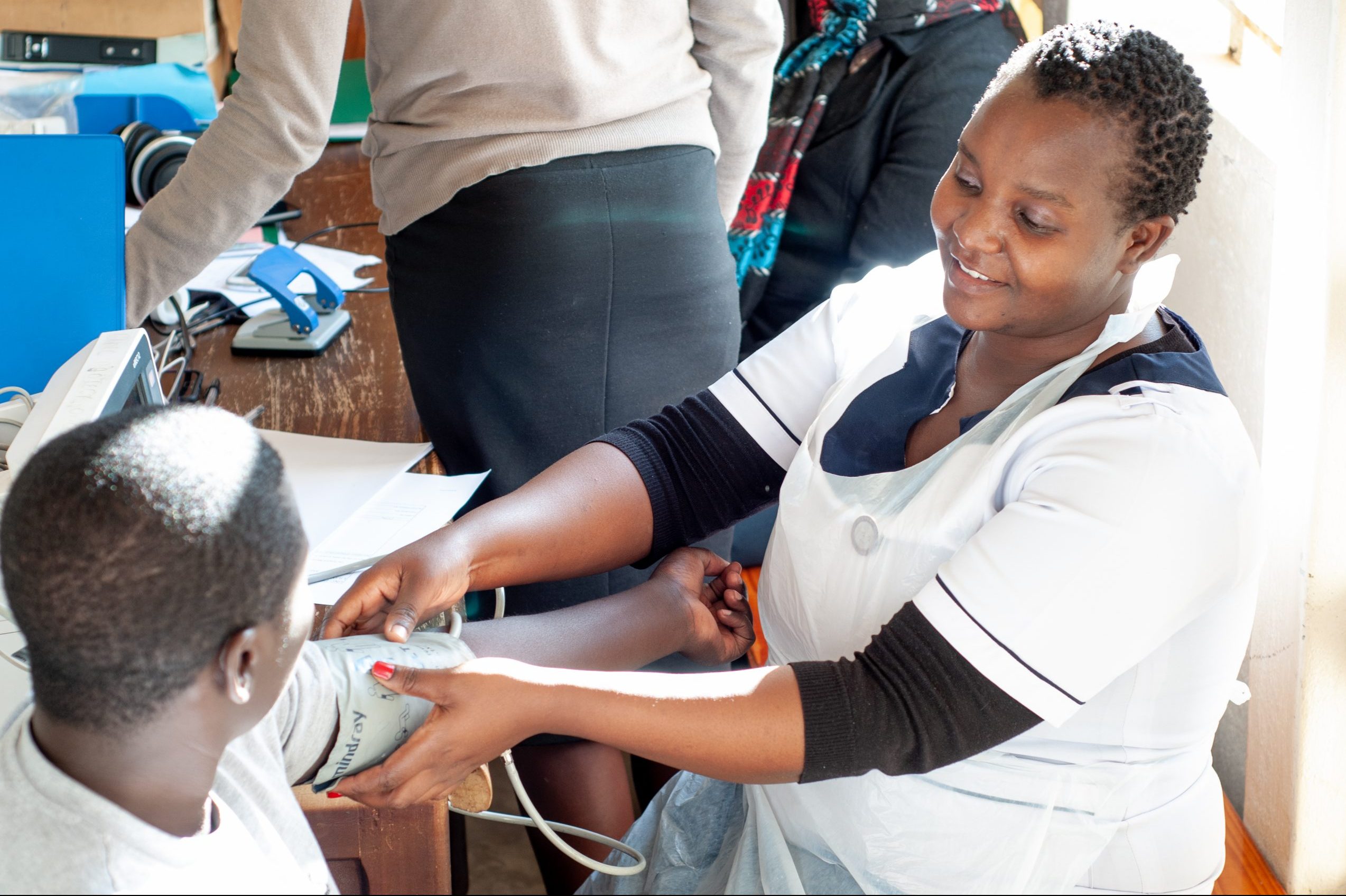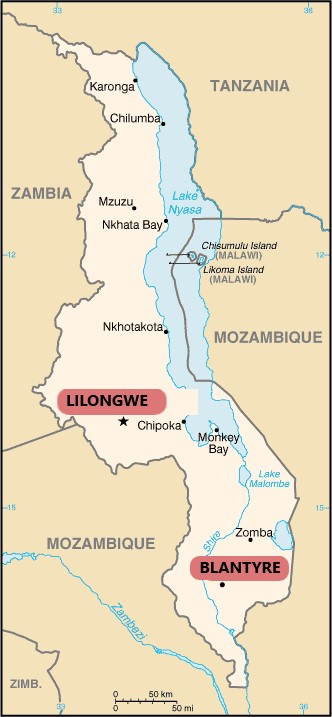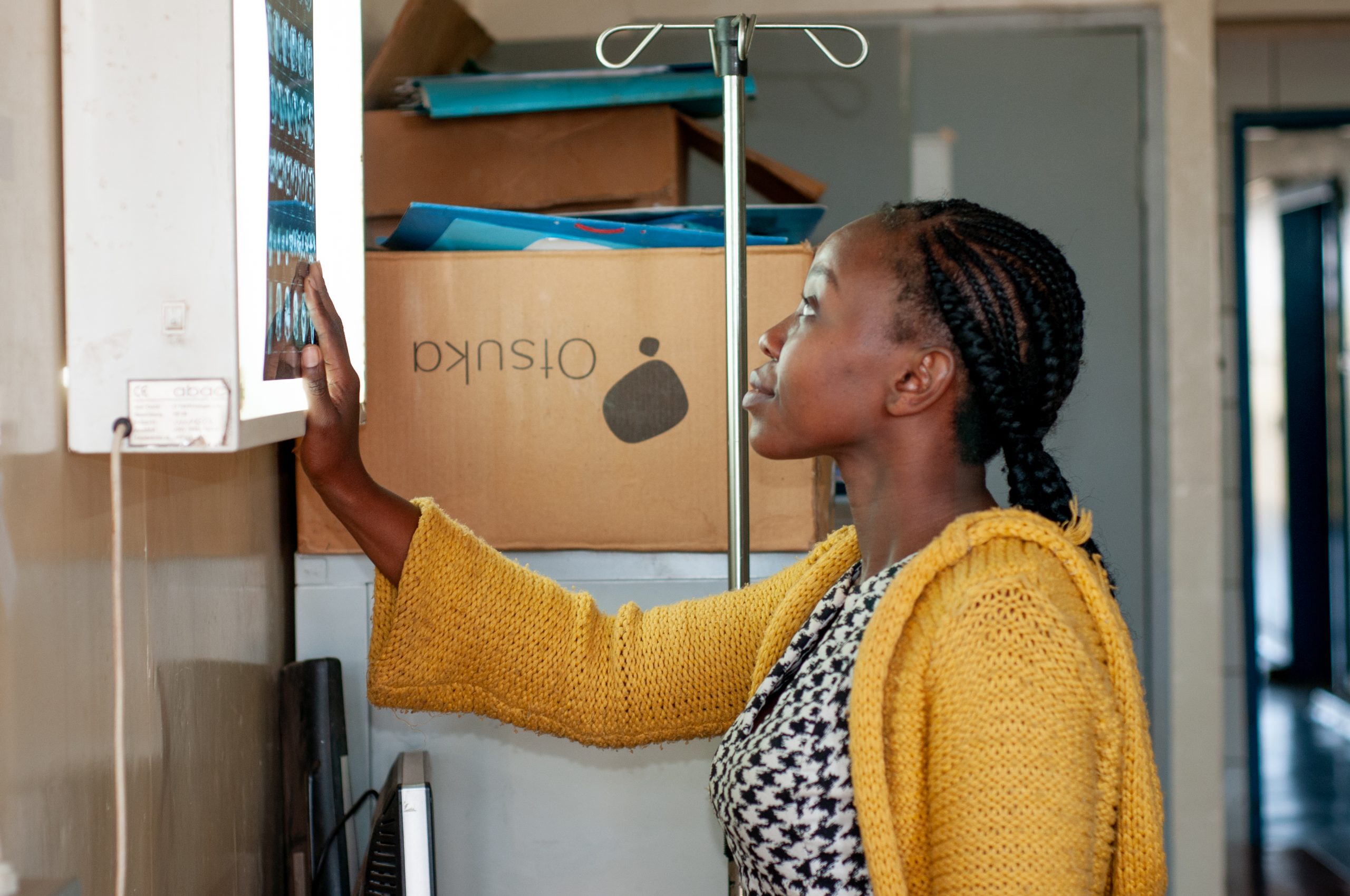Background
 Despite limited resources, a remarkable network for cancer care and research exists in Malawi.
Despite limited resources, a remarkable network for cancer care and research exists in Malawi.
Malawi is a small country in southern Africa, with a population of ~18 million people. The majority live in rural areas and gross national income per capita is 360 USD. Life expectancy is 63 years and 9.2% of adults are HIV positive.
 Key findings from our cancer program activities are likely to be informative for burgeoning cancer care and research efforts throughout sub-Saharan Africa and even beyond. Historically, Malawi’s small size, high HIV prevalence, and high population density have facilitated leadership for patient enrollment and retention in clinical studies focused on HIV, leading to globally impactful results.
Key findings from our cancer program activities are likely to be informative for burgeoning cancer care and research efforts throughout sub-Saharan Africa and even beyond. Historically, Malawi’s small size, high HIV prevalence, and high population density have facilitated leadership for patient enrollment and retention in clinical studies focused on HIV, leading to globally impactful results.
Cancer care is currently centralized in Lilongwe and Blantyre, which are geographically close and highly collaborative academic hubs, providing opportunities to implement protocols with nearly national coverage across large population referral bases.
Cancer is also a high priority for the Malawi Ministry of Health, with a comprehensive National Cancer Center under construction on the campus of Kamuzu Central Hospital in Lilongwe.
 In this context, the UNC Project- Malawi Cancer Program strives to provide a organizing structure for impactful research and capacity building focused on high-burden cancers in Malawi, in collaboration with in-country and external partners, toward an overarching goal of making Malawi an international leader among low-income countries for cancer clinical research.
In this context, the UNC Project- Malawi Cancer Program strives to provide a organizing structure for impactful research and capacity building focused on high-burden cancers in Malawi, in collaboration with in-country and external partners, toward an overarching goal of making Malawi an international leader among low-income countries for cancer clinical research.